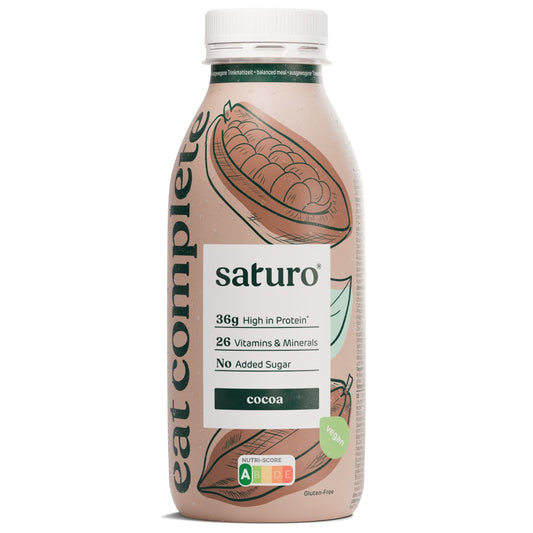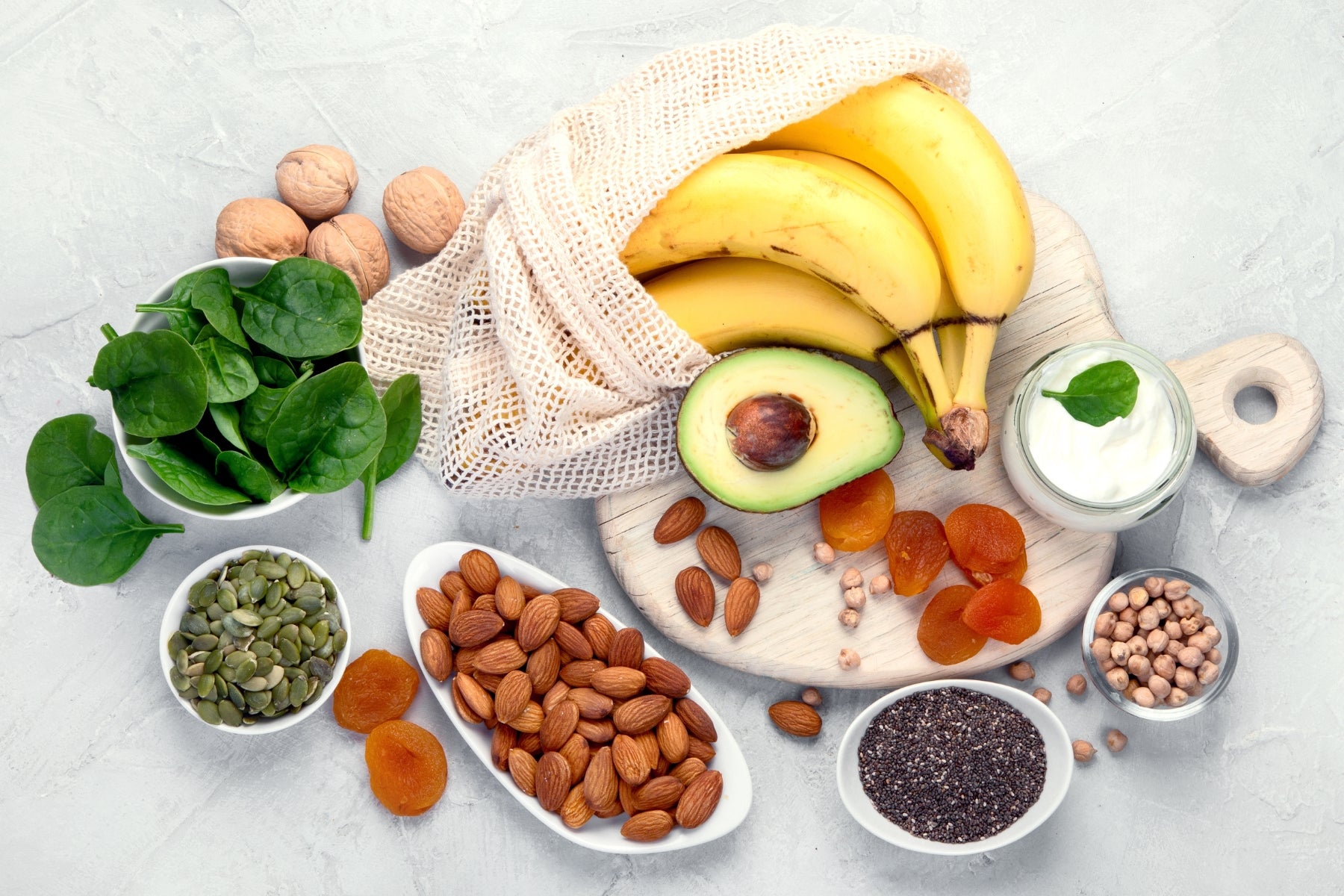Contents
1
What is calcium deficiency and how much calcium do you need every day?
2
Calcium deficiency symptoms
Calcium deficiency symptoms in women
Calcium deficiency fingernails
Calcium deficiency neurological symptoms
3
Calcium deficiency self -test
4
Calcium deficiency causes
5
Calcium in food
Vegan calcium sources (per 100 g)
Animal calcium sources (per 100 g)
Drinking meals against calcium deficiency
Contents
1
What is calcium deficiency and how much calcium do you need every day?
2
Calcium deficiency symptoms
Calcium deficiency symptoms in women
Calcium deficiency fingernails
Calcium deficiency neurological symptoms
3
Calcium deficiency self -test
4
Calcium deficiency causes
5
Calcium in food
Vegan calcium sources (per 100 g)
Animal calcium sources (per 100 g)
Drinking meals against calcium deficiency
Vegane Calciumquellen
| Vegane Calciumquellen | Calciumgehalt pro 100 g |
|---|---|
| 1. Sesam | 989 mg |
| 2. Tofu | 683 mg |
| 3. Chiasamen | 631 mg |
| 4. Tahini | 426 mg |
| 5. Mandelbutter | 347 mg |
| 6. Mandeln | 269 mg |
| 7. Leinsamen | 255 mg |
| 8. Kohl | 254 mg |
| 9. Goji-Beeren (getrocknet) | 190 mg |
| 10. Seetang | 168 mg |
Tierische Calciumquellen
| Tierische Calciumquellen | Calciumgehalt pro 100 g |
|---|---|
| 1. Parmesan | 1253 mg |
| 2. Pecorino | 1064 mg |
| 3. Schweizer Käse | 961 mg |
| 4. Mozzarella | 961 mg |
| 5. Hartziegenkäse | 895 mg |
| 6. Frischkäse | 562 mg |
| 7. Feta | 493 mg |
| 8. Camembert | 388 mg |
| 9. Sardinen (in Öl) | 382 mg |
| 10. Kondensmilch | 290 mg |





